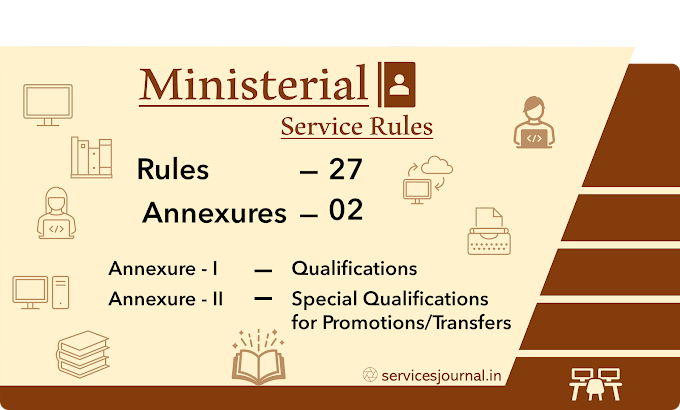An instance has come to the notice of Government, where in a disciplinary case against a government employee, the authority competent to impose the penalty obtained the remarks of the intermediary officer on the explanations of the accused officer to the charge memo. and to the show cause notice, served on him, before passing final orders of dismissal. The Court of Law held that the competent authority did not exercise its independent judgment on the record of enquiry and that there was mechanical dependence upon the intermediary officer's remarks and consequently, the officer was denied the reasonable opportunity as envisaged in article 311 (2) of the Constitution of India. The procedure to be followed in every case, where it is proposed to impose on a Government employee any of the penalties specified in items (iv), (vi), (vii) and (viii) of Rule 8 of the AP.Civil Services (CC&A) Rules 1963, has been prescribed in rule 19(2) of the said rules. The said rule does not provide for consultation with any other officer. The competent authority is, therefore, required to apply its mind independently to the record of enquiry, including the report of enquiry, if any, and come to the conclusion, whether the charges have been established or not, and if established, the quantum of provisional penalty that he considers to be consistent with the gravity of the charges held to have been proved.
2. The disciplinary proceedings against an officer are made up of two parts: (1) the enquiry (which involves a decision of the question whether the allegations made against the delinquent are true or not) and (2) taking action (i.e., in case, the allegations are found to be true, whether the delinquent should be punished or not and if so, in what manner). It is now well settled from the judicial pronouncements that the departmental proceedings taken against a government employee are in the nature of judicial proceedings, in as much as, in the first part of the proceedings, referred to above, charges have to be framed, notice has to be served and also an opportunity to elect for a personal hearing or an oral enquiry has to be given. Consequently, any decision regarding the action to be taken against a government employee, found guilty of misconduct, is judicial order.
3. It is, therefore,
clarified that the punishing authority should apply its mind independently, at
both the stages of disciplinary proceedings, as explained in para 2 above. The
punishing authority should not call for the remarks of any officer, other than
enquiry officer, at any stage of the case, before passing final orders.
4. The above instructions
should be followed meticulously, so as to avoid the contingency of the
proceedings being challenged in a court of law, on account of such consultation
with other officers, who are not connected with such proceedings. The
Departments of Secretariat should, therefore, give up the practice of
consulting Heads of Departments on the report of the enquiry officer or of the
Tribunal for Disciplinary Proceedings, in a routine manner, where the
Government is the punishing authority. There is, however, no objection to
consult the Heads of Department on any specific issue, other than the findings
or the quantum of penalty, if such consultation is considered absolutely
necessary. Similarly, the Heads of Departments also should give up the practice
of consulting any officer, other than the enquiry officer.












